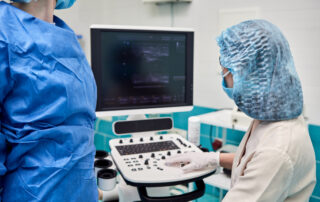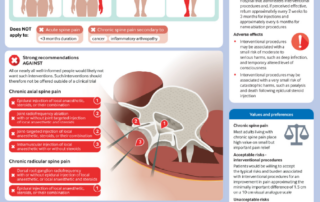Open-label placebo appears to reduce premenstrual symptoms, study suggests
Premenstrual syndrome (PMS) symptoms eased after taking open-label placebos and women had no substantial side effects Women affected by premenstrual syndrome (PMS) appear to experience less intense and debilitating symptoms after taking placebo pills even when told they do not contain any active medication, suggests a study published in the ...











